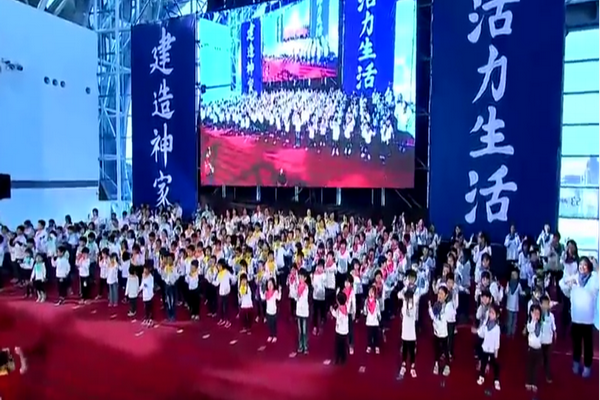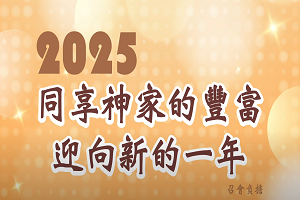Rosh Hashanah (Hebrew: רֹאשׁ הַשָּׁנָה), literally meaning the “head [of] the year”, is the Jewish New Year (on 9/30-10/1 this year). The biblical name for this holiday is Yom Teruah (יוֹם תְּרוּעָה), literally “day of shouting or blasting” specified by Leviticus 23:23–32 that occur in the early autumn. Rosh Hashanah is a two-day celebration that begins on the first day of the seventh month of the ecclesiastical year. In contrast, Rosh Hashanah marks the beginning of the civil year, according to the teachings of Judaism.
“Speak to the children of Israel, saying, In the seventh month, on the first day of the month, you shall have a complete rest, a memorial commemorated by the blowing of trumpets, a holy convocation. You shall do no work of labor, but you shall present an offering by fire to Jehovah.” (Leviticus 23:24-25)
Rosh Hashanah customs include sounding the shofar (a cleaned-out ram’s horn), as prescribed in the Torah, following the prescription of the Hebrew Bible to “raise a noise” on Yom Teruah. Its rabbinical customs include attending synagogue services and reciting special liturgy about teshuva, as well as enjoying festive meals. Eating symbolic foods is now a tradition, such as apples dipped in honey, hoping to evoke a sweet new year.
再過幾天,猶太曆即將邁入第5780年。猶太新年是在猶太國曆的一月、猶太教曆的七月,相當於公曆9、10月間,今年是於公曆9/30-10/1慶祝猶太新年(Rosh Hashanah,希伯來語: ראש השנה,意思是歲首),全國放假兩天。它同時也是吹角節,定於逾越節後的第163日,節日後的第十日為遮罪節,第十五日後開始七天的住棚節期。
『七月初一日,你們要有完全的安息,要吹角作記念,當有聖會。甚麼勞碌的工都不可作,要將火祭獻給耶和華。』(利未記23:24-25)
猶太人慶祝新年的方式是去會堂禱告、吹響羊角號,表示自我省察和尋求赦免,也表示對耶和華的敬畏。另外,全家團聚享用新年大餐,包括圓麵包、沾蜂蜜的蘋果、魚頭和石榴,象徵甜蜜以及一年的循環,同時也會互贈禮物和彼此祝福。
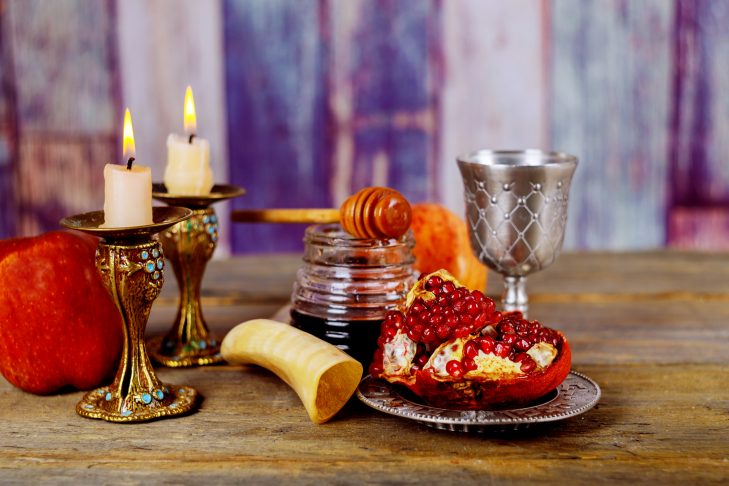
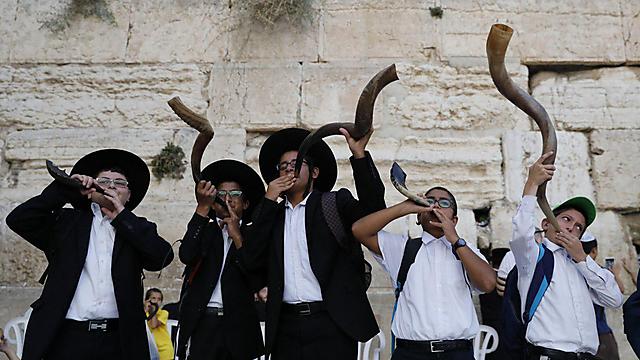
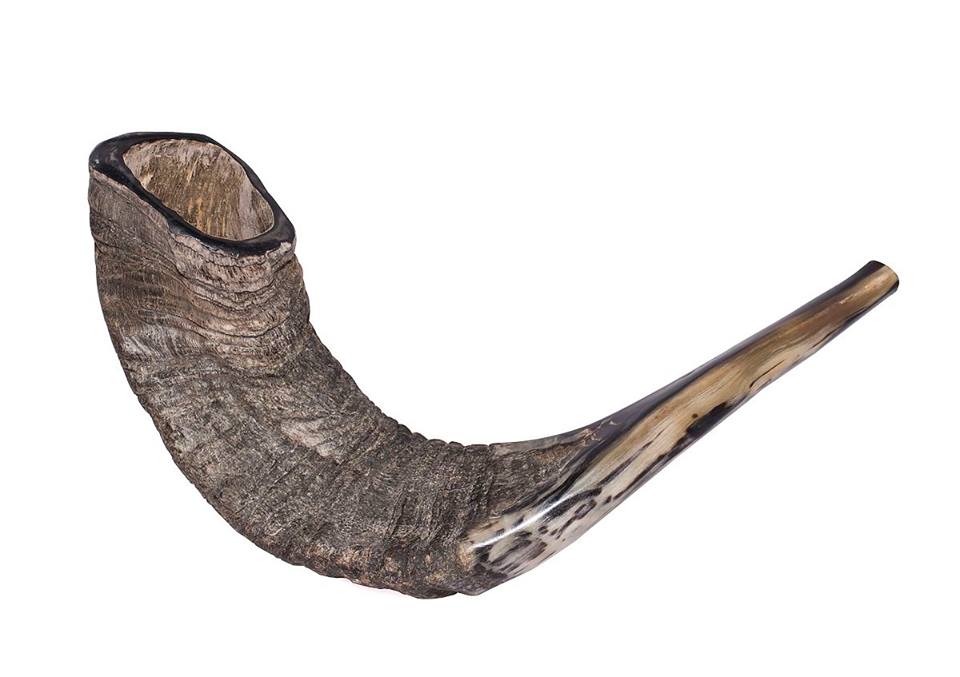
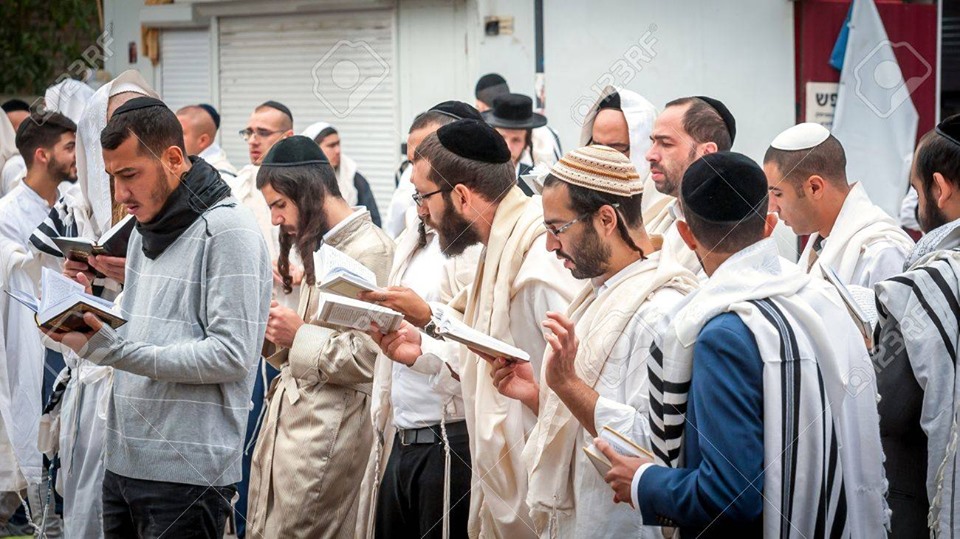
Source: https://www.facebook.com/kokiahouse/posts/2353544384900055
